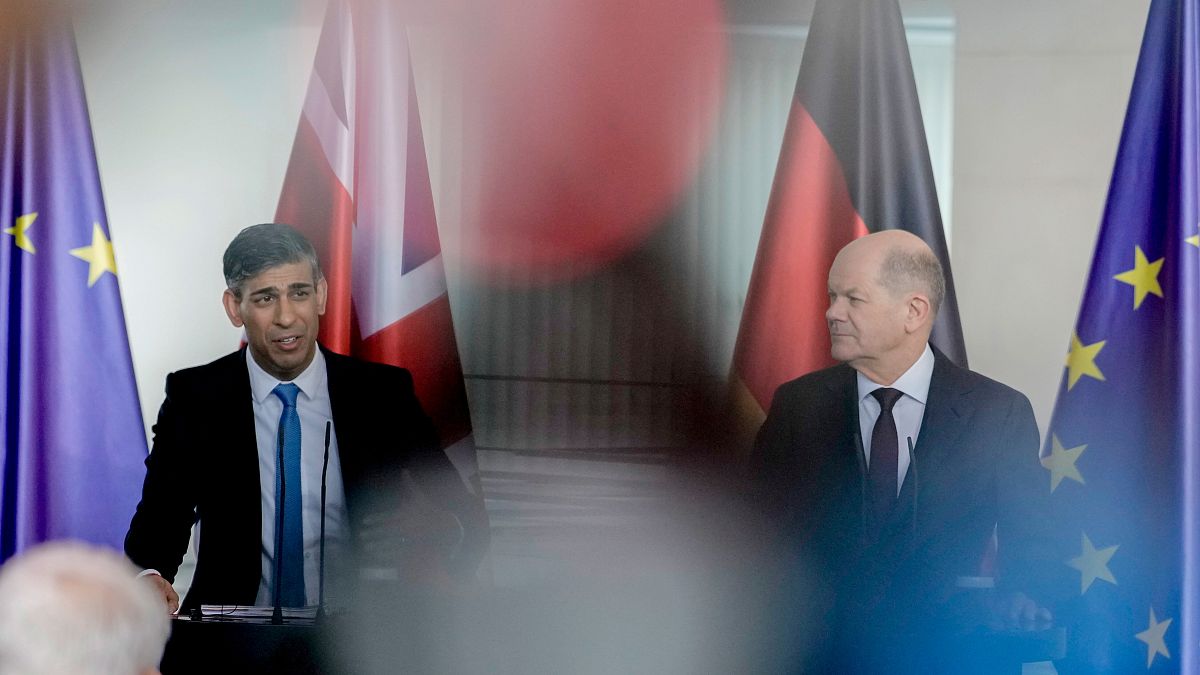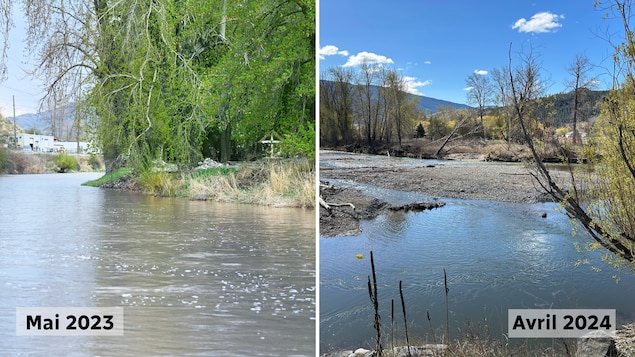The Special Rapporteur on the negative consequences of unilateral coercive measures on the enjoyment of human rights asked the United States on Monday to allow shipments of electronic microscope parts to Venezuela to detect disease and advance biomedical research.
Alina Dohan considers that North American sanctions prevent the shipment of these supplies The rights of the Venezuelan people to health and life are being violated.
Electron microscopes are commonly used in medical diagnosis, but it’s been nearly four years since two Venezuelan institutions ordered the parts. Venezuela has fourteen electron microscopes made by the American company Thermo Fisher Scientific, of which only three are operational. So far, the company has not received permission from the United States to export the necessary parts.
In addition to the legal obligation to comply with international human rights law, The United States also has a moral obligation to the Venezuelan people not to deny them their basic human rights.The expert confirmed that he asked the US authorities to lift legally questionable sanctions in accordance with international law or to grant corresponding export licenses as soon as possible.
Dohan stressed that these scientific tools “are the only way to detect many diseases, so they are essential for appropriate treatment” and that the US executive “has an obligation, under international human rights law, not to harm the ability of Venezuelan doctors to properly conduct treatment.” diagnoses of illnesses. Without accurate diagnosis and treatment, people can die“.
Microscopes are also used for judicial purposes
Electron microscopes are used not only in the diagnosis of diseases, but also in scientific research such as the one that Venezuela is conducting on viruses such as SARS-CoV-2, which causes COVID-19.
Noting that microscopes are covered by the Florence Convention, an international treaty that obligates participating countries to facilitate trade in scientific goods, including the United States, said the expert.
Apart from scientific uses, microscopes are also used in crime laboratories to examine evidence; However, Doohan stressed that “the United States has sanctioned some Venezuelan judges for expressing dissatisfaction with the functioning of the justice system, but It must use its remaining sanctions against Venezuela to undermine the regime’s structural ability to administer justice“.
The expert concluded that the right to enjoy the highest possible standard of physical and mental health, as well as the right to conduct scientific research and benefit from its results, is guaranteed in International Covenant on Economic, Social and Cultural Rights It forms part of customary international law.
* Special rapporteurs, independent experts and working groups are part of what is known as the Special Procedures in Human Rights Council. Special Procedures, the largest body of independent experts in the United Nations human rights system, is the umbrella name for the Council’s independent investigation and monitoring mechanisms that deal with specific country situations or thematic issues around the world. Special Procedures experts work on a voluntary basis; They are not UN employees and do not receive a salary for their work. They are independent of any government or organization and provide their services in their individual capacity.


/thumbs.vodgc.net/1-14-S15FuR1714053755879_480P.jpg)


